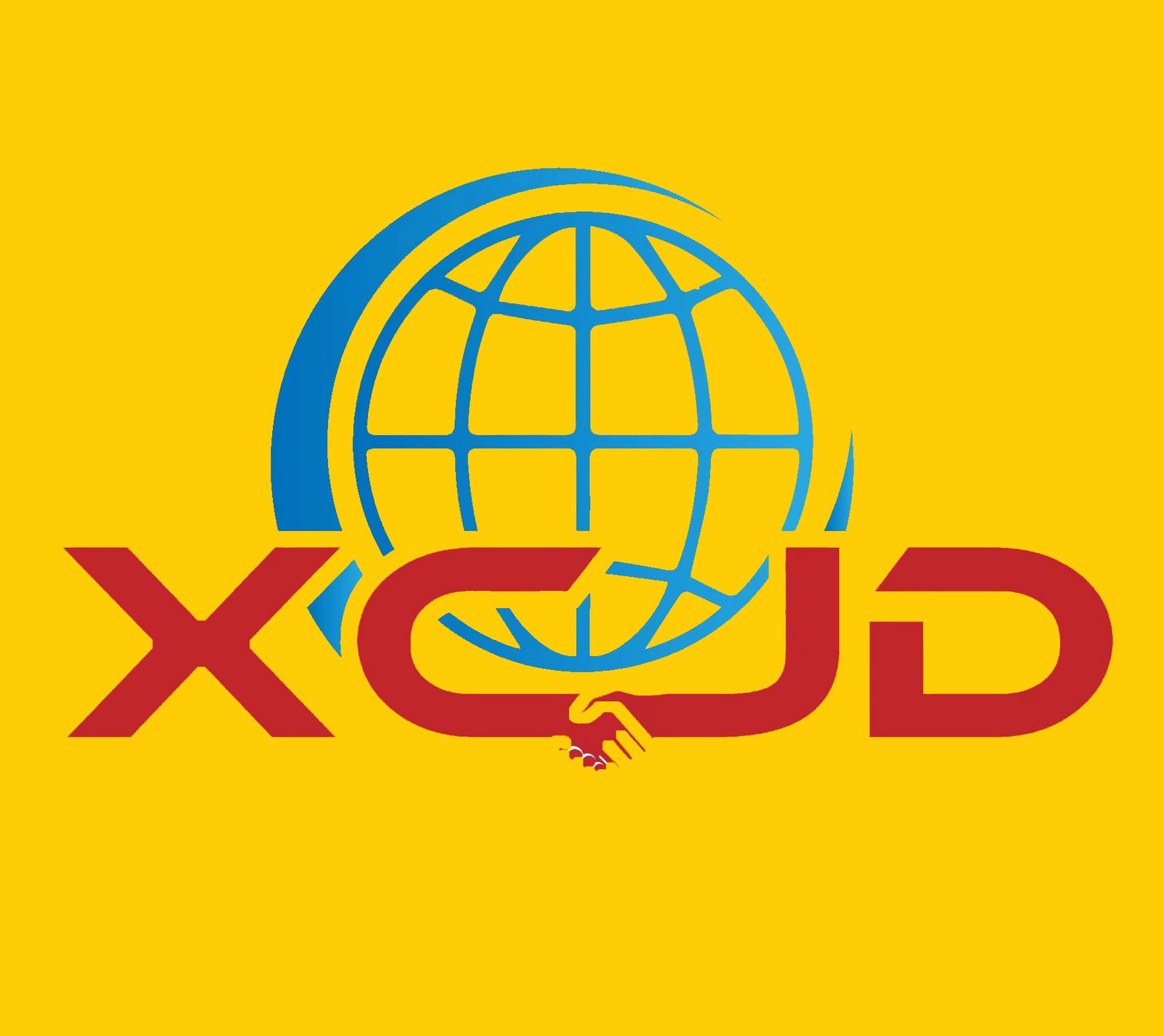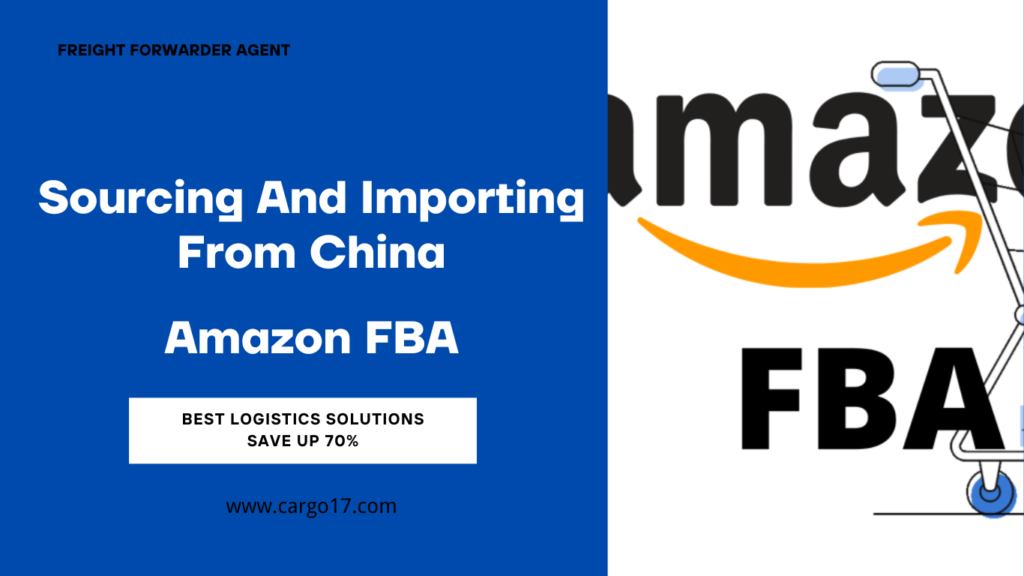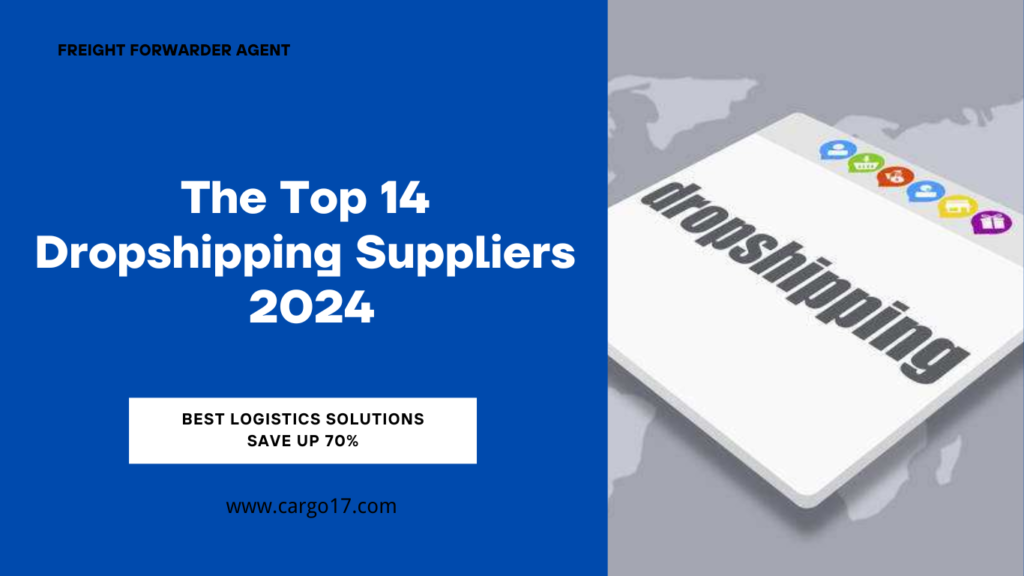third party logistics service providers (or 3PL) refers to the outsourcing of ecommerce logistics processes to a third party business, including inventory management, warehousing, and fulfillment. 3PL providers allow ecommerce merchants to accomplish more, with the tools and infrastructure to automate retail order fulfillment.
What is the difference between a 3PL and a logistics provider?
A 3PL company often offers a variety of services, including warehousing, transportation management, inventory control, order fulfillment, and more. Contract logistics companies often provide specialized services to meet unique demands in the supply chain.
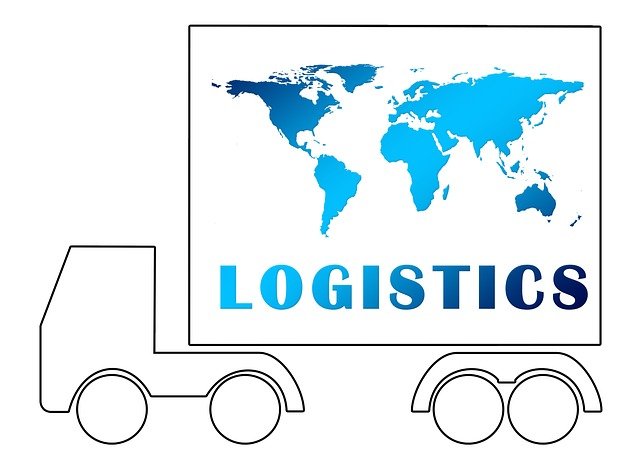
What are the characteristics of third-party logistics services?
- Service first: Its characteristic is that third-party logistics services are all logistics activities provided for the logistics needs of others. It is based on customer entrustment, according to the requirements of the shipper, and carried out logistics business activities to overcome the spatial and temporal gaps of goods. The content of third-party logistics services is to meet the needs of shippers, ensure supply, that is, to meet the quantity requirements of shippers in moderation, multiple batches, and universality, and to meet the quality needs of shippers in safety, accuracy, and speed.
- Third party logistics services have the characteristics of attributes, immediacy, mobility and dispersion, strong demand volatility and substitutability. Demand volatility fluctuates with the peak and off-season of customers, while substitutability is due to the advantages and disadvantages of each third-party logistics service company. Therefore, production enterprises can replace third-party logistics service companies at any time, and the losses will be minimized;
- Customer oriented, that is, third-party logistics service products or a collection of logistics services perceived by customers.
The advantages of third-party logistics services:
- Concentrated independent research and development of products: Enterprises can concentrate their limited manpower, finance, and resources on core business, conduct research and development of new products and technologies to improve their competitiveness, and save time and effort;
- Cost saving: According to the survey results on the use of vehicles by production enterprises, the main reason for companies to dissolve their own fleet and seek public transportation services is to reduce related fixed costs, which not only includes investment in purchasing vehicles, but also expenses related to workshops, warehouses, shipping facilities, packaging machinery, and employee salaries;
- Reduce enterprise inventory: Third party logistics service companies use carefully planned logistics plans and timely transportation methods to reduce inventory expenses and improve cash flow for the enterprise;
- Innovative management logistics model: Third party logistics services can utilize the innovative logistics management technology and advanced channel management information system of logistics service providers to open up a business development path for themselves. Top tier third-party logistics service providers generally have a wide network worldwide and have experience and professional skills in providing logistics services. When enterprises plan to conduct business in unfamiliar geographical environments, they can fully utilize the proprietary technology and experience of third-party logistics service providers to carry out relevant operations;
- Enhancing corporate image: Third party logistics service providers and customers are not competitors, but strategic partners. They prioritize customers and optimize their supply chain management through a global information network; They can use complete facilities and a well-trained workforce to achieve complete control over the entire supply chain; They greatly shorten delivery times, help customers improve services, and establish brand image through their global shipping network and service providers (subcontractors). Third party logistics service providers tailor their logistics solutions based on customer orientation, low cost, and high efficiency, enabling customers to stand out in the same industry and creating favorable conditions for them to win in competition.
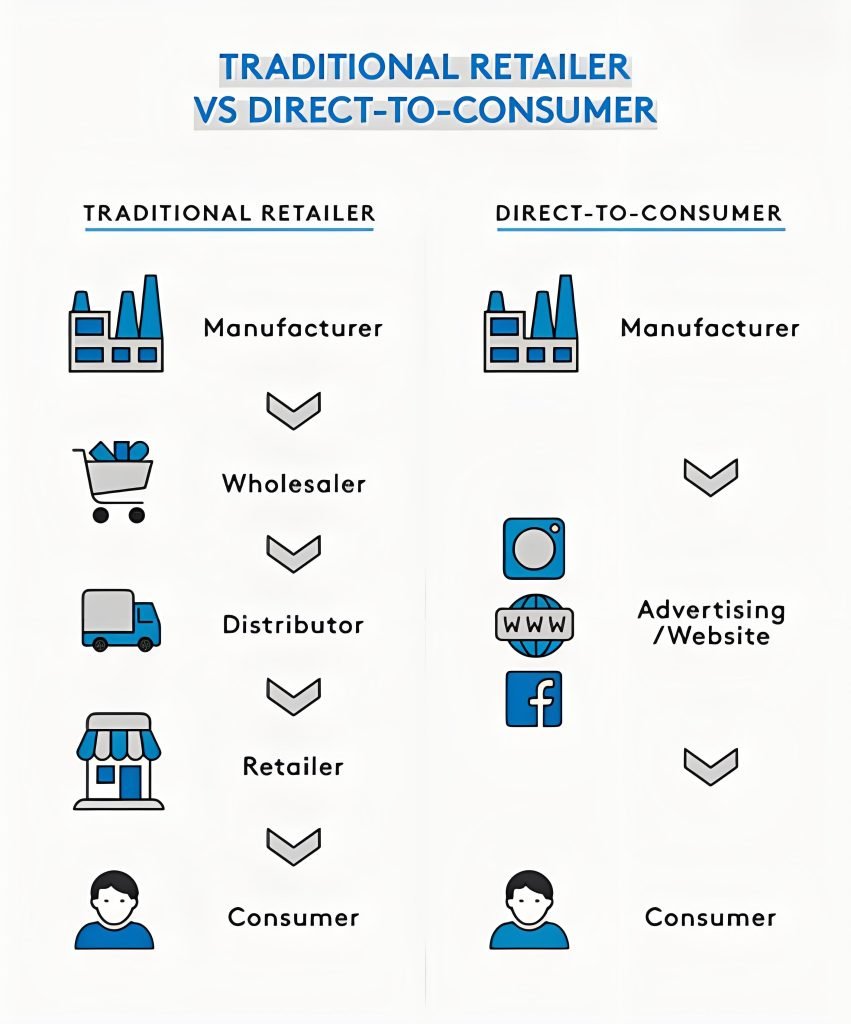
XCJD Logistics can provide you with complete supply chain solutions. We specialize in transportation, logistics, freight, and warehousing services. Providing DTC logistics services for many DTC brands.
- We use innovative and customizable e-commerce logistics solutions to achieve seamless information flow for e-commerce brands while providing true supply chain visualization for our growing customer base.
- Our unique business model will provide you with:
- a. Practical services and support
- b. Interpersonal relationships
- c. Innovative and customizable solutions
- d. Responsiveness and reliability
- e. Flexibility and consistency
- We have a flat management structure, with only three layers between you and the CEO, which allows us to respond quickly when providing solutions that meet your specific requirements. This streamlined and flexible structure improves our decision-making speed, allowing us to implement customized solutions that far exceed those of our competitors.
DTC Third Party Logistics Service Providers
- Direct to Consumer (DTC) Mode
The Direct to Consumer (DTC) model is a logistics service model used in cross-border e-commerce, where the seller is responsible for the entire logistics process. In this mode, the seller is responsible for transportation, customs clearance, and delivering the product to the end consumer. This model is suitable for companies that hold a significant position in the target market and have resources to handle logistics processes. This model also provides complete control over the supply chain, thereby improving product quality and customer satisfaction.
- Third party logistics (3PL) model
The Third Party Logistics (3PL) model is a logistics service model in cross-border e-commerce where sellers outsource the logistics process to third-party logistics providers. In this mode, the seller is only responsible for the production of the product, while the 3PL provider is responsible for transportation, customs clearance, and delivering the product to the end consumer. This model is suitable for companies that lack resources to handle logistics processes and are more willing to focus on product development and marketing.
- Cross border delivery (CBF) model
The Cross Order Fulfillment (CBF) model is a logistics service model used in cross-border e-commerce, where sellers store products in operational centers located in target markets. In this model, the fulfillment center is responsible for the transportation, customs clearance, and delivery of products to the end consumer. This model is suitable for companies that do not have significant influence in the target market and are more willing to store their products near the end consumer to reduce delivery time and costs.
- Drop-Shipping model
The Drop Shipping model is a logistics service model used in cross-border e-commerce. Sellers do not hold any inventory, but instead purchase products from suppliers or manufacturers and ship them directly to the end consumer. In this model, the seller is only responsible for marketing and selling the product, while the supplier or manufacturer is responsible for transportation, customs clearance, and delivering the product to the end consumer. This model is suitable for companies that do not have resources to handle inventory management and are more willing to focus on marketing and sales.
- MIXTURE
Hybrid mode is a logistics service model used in cross-border e-commerce, where sellers combine two or more logistics service models to optimize logistics processes. For example, a company can use the DTC model in its primary market and the CBF model in its secondary market to reduce delivery time and costs. This model is suitable for companies that occupy important positions in multiple markets and hope to optimize logistics processes to improve efficiency and profitability.
The logistics service model adopted by cross-border e-commerce is crucial for the success of enterprises. The Direct to Consumer (DTC) model is suitable for companies that hold a significant position in the target market and have the resources to handle logistics processes.
The third-party logistics (3PL) model is suitable for companies that lack resources to handle logistics processes and are more willing to focus on product development and marketing. The Cross border Delivery (CBF) model is suitable for companies that do not have significant influence in the target market and are more willing to store products near the end consumer to reduce delivery time and costs. The Drop Shipping model is suitable for companies that do not have resources to handle inventory management and are more willing to focus on marketing and sales.
If you are considering expanding into new markets, XCJD Logistics can assist you. As an experienced logistics supplier, we will provide assistance to you at every step through professional logistics knowledge, visibility, and communication skills. Sea freight, air freight, express delivery, procurement in China, product testing, warehousing, supplier selection, one-stop service, contact us immediately for consultation
